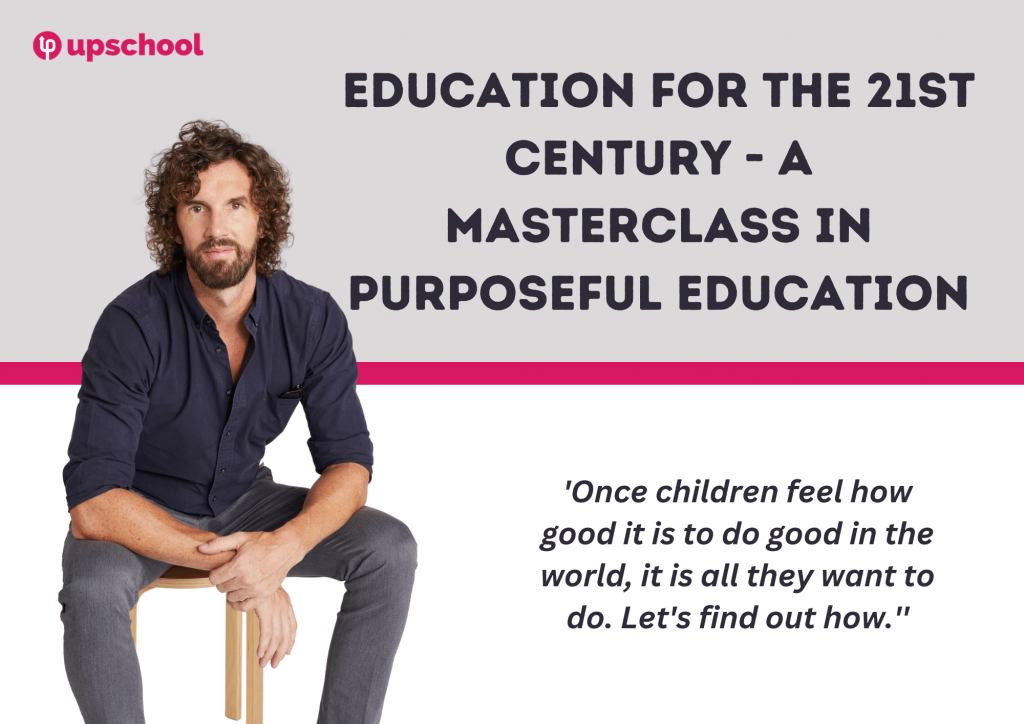Education for the 21st Century - A Masterclass in Purposeful Education
Welcome to this teacher training program focusing on Education in the 21st Century. Throughout this course, we will explore the fundamentals of teaching methods and classroom ideology to establish a curriculum and environment that highlights student-centred learning and vital skills. We will provide you with evidence-based materials and illustrations to assist you in implementing theoretical concepts into your own classroom. Our objective is to nurture academic excellence in the present while equipping students with the necessary skills for the future.
As educators, our ultimate aim is to shape our students into compassionate individuals capable of positively impacting the world. While we cannot teach you how to teach with heartfelt passion, by harnessing your own enthusiasm for education, you can demonstrate to your students the true meaning of intelligence. Intelligence encompasses more than just grades or adherence to instructions; it encompasses acceptance, empathy, compromise, communication, and love. It involves acknowledging the world’s shortcomings and believing in one’s own capacity to effect change.
While formal assessments hold significance, our role as educators is to produce well-rounded individuals who demonstrate care for others, the environment, and strive for peace and understanding. Throughout this program, we will collaborate to establish a classroom routine, ideology, and environment that fosters these values.
Let’s get started!
The Topics we will cover
- The Role Of Essential Skills – What are they and how can we develop them in our students and model them ourselves?
- Types of Learners – How can we understand the learning profile of each child and build a learning environment that meets their needs?
- Classroom Setup – What adaptations can we make to the dynamics of our classroom that maximises the potential of every child whilst developing a peaceful and harmonious atmosphere?
- Child-Centred Learning – How can we better understand how our children learn, so we can prepare the classroom and the curriculum to meet their needs?
- Purposeful Education – How can we use the existing curriculum to develop avenues for children to have a global impact on topics that really matter?
- Using the Senses – How important is it that we are able to use the senses to maximise the learning potential during any given lesson?
- Visual Stimuli – How can teachers better utilise visual stimulus and how can these resources enhance the consolidation and engagement during and learning sequence?
- Reinventing Comprehension – How can we enhance the way we teach comprehension in our classrooms to provide teachers with cross-curricular avenues for learning?
- Assessment and Observation – What forms of assessment allow teachers to truly understand their children and how should these be carried out?
- Resources – Throughout the course, we will provide you with a series of new resources and tools to allow you to enhance your teaching and learning capabilities whilst allowing you to be the teacher you always wanted to be!
Meet our Instructors
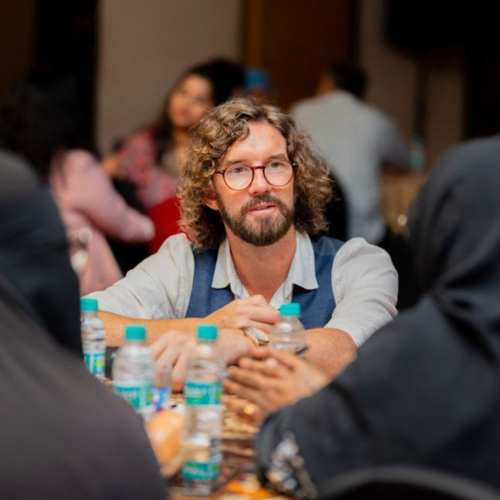
Gavin McCormack
Meet Gavin McCormack. He has been a teacher/school principal for over 25 years. He is the co-founder of Upschool.co and the Montessori Australia Ambassador, with a passion for inclusive and child-focused pedagogies. He has worked in several countries around the world, Is a children's author, and philanthropist and has trained thousands of teacher around the world.

Mark Williams
Meet Mark Williams. He is an internationally recognised professor of cognitive neuroscience, with over 25 years of experience conducting behavioural and brain imaging research focusing on our social skills. He has taught the fundamentals of neuroscience to a wide range of undergraduate and postgraduate students, as well as publishing more than 70 scientific articles. Mark has been awarded numerous high-profile fellowships and grants, and worked both at MIT in the USA and at universities in Australia.
 “
“
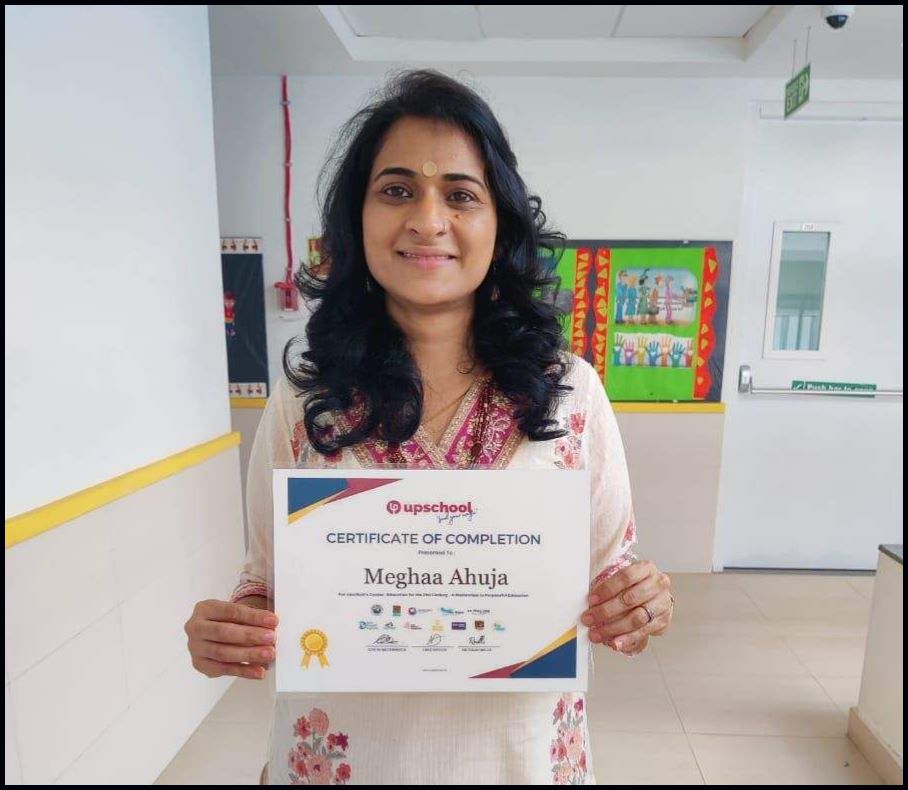 “
“
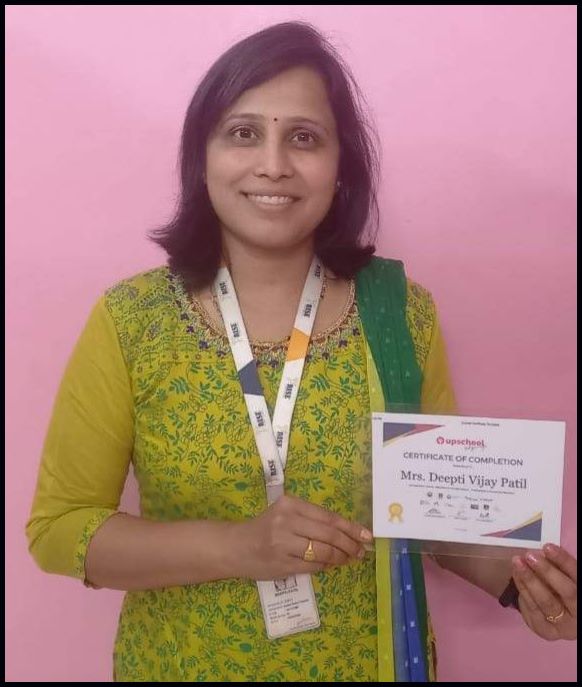 “
“
 “
“
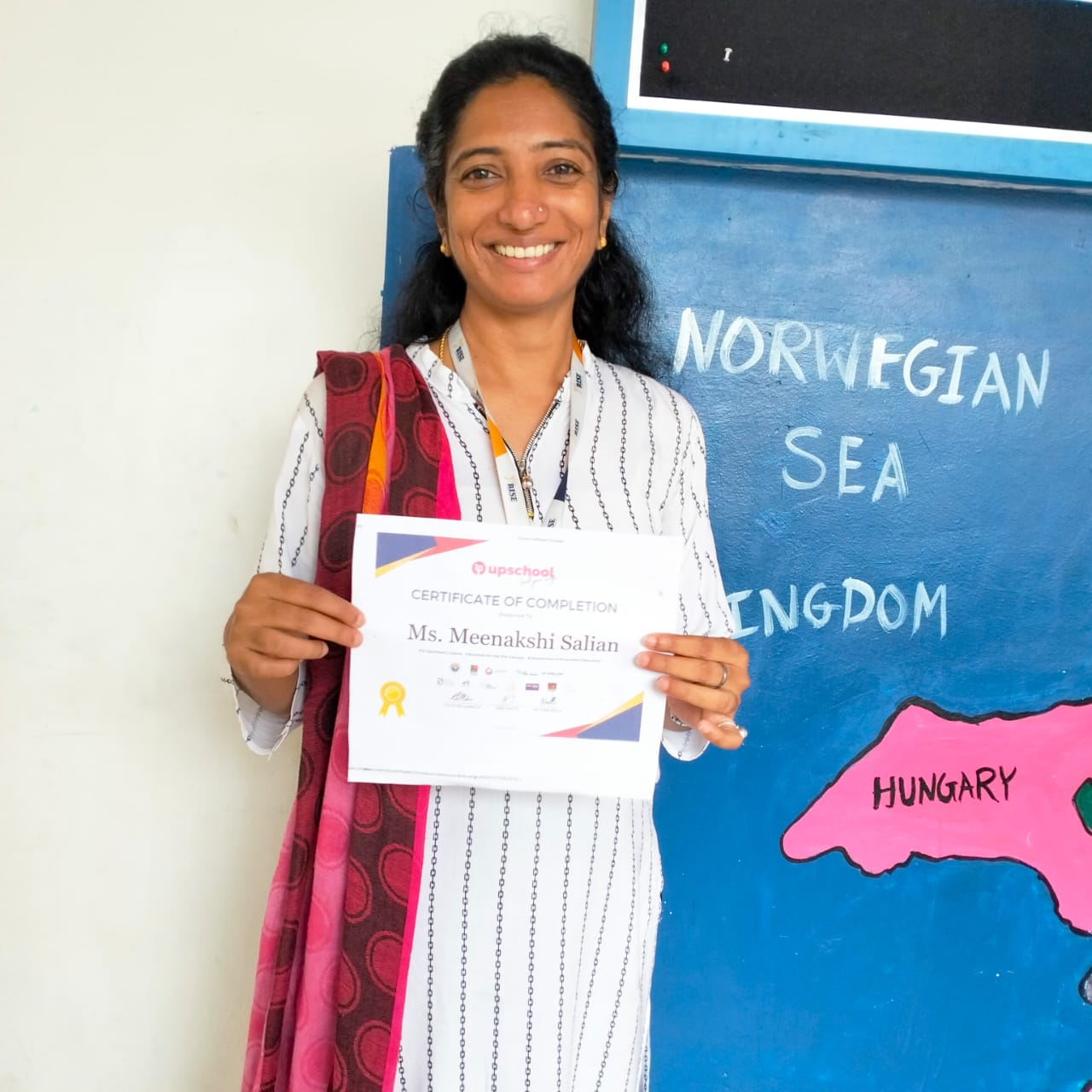 “
“

